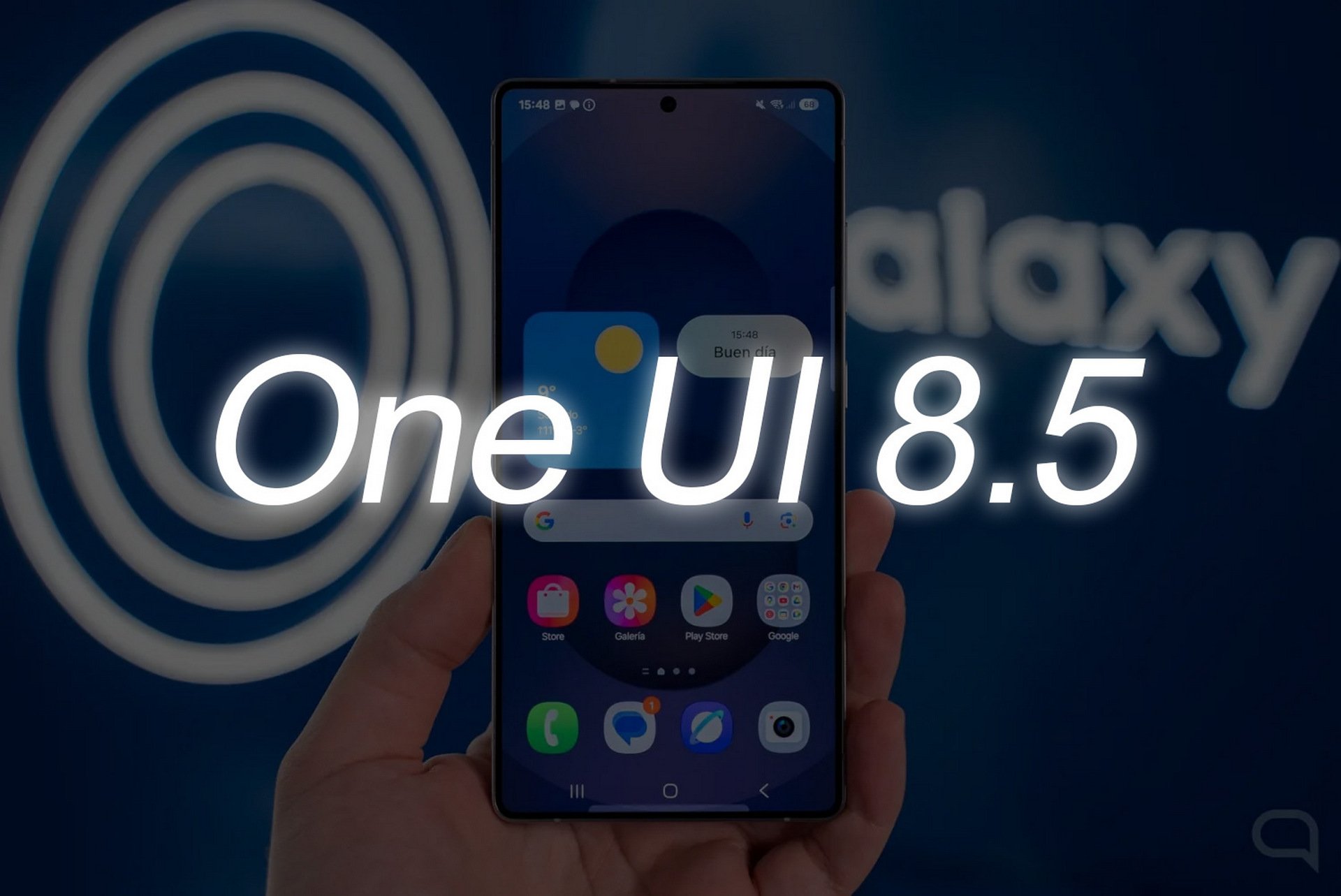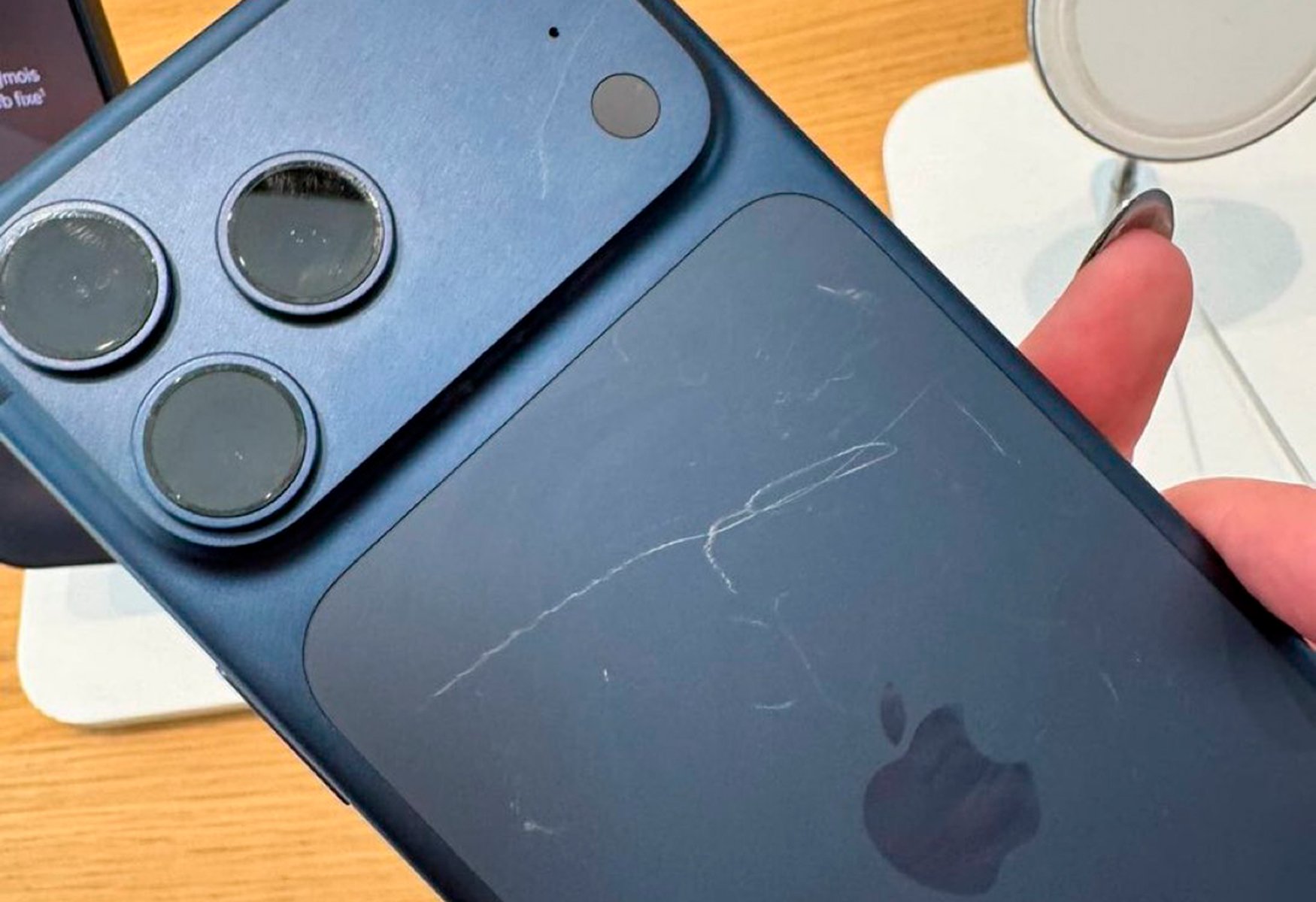Controversy over opening iMessage and its compatibility with other messaging platforms is coming back into focus. Reportedly Financial Times, Google and some of Europe’s largest telecoms companies have sent a letter to the European Commission. In her, They require that Apple’s instant messaging service, which is found in the Messages app, be subject to the Digital Markets Act..
In addition to Mountain View, the letter was signed by representatives Telefónica, Orange, Deutsche Telekom and Vodafone. It was sent to Thierry Breton, the European Commissioner for the Internal Market and Services, in an attempt to persuade him to force Apple to open iMessage and comply with the law.
telecommunications companies and Google say iMessage meets the requirements to be considered an “essential service” for which Cupertino employees act as gatekeepers. The main question that arises is how Apple controls the experience rich messaging in your application.
Today, the use of such features is limited to iOS, iPadOS, or macOS users interacting with each other. This means that if, for example, an iPhone user communicates with an Android user via iMessage, the platform uses regular SMS and does not offer the rich capabilities available when exchanging data between two Apple devices. So if you really want to use iMessage, you’re forced to have an Apple product in your hands.
This led to the famous debate about “blue bubbles” compared with “green bubbles”, that is, using the colors by which Apple distinguishes messages depending on their origin (iMessage or Android, respectively). In fact, Marques Brownlee made a very interesting video explaining this back in the day.
Google is moving its tricks to force Apple to open iMessage
The crucial point in the iMessage controversy is that Apple’s service is especially popular in the United States. There, the iPhone accounts for more than 50% of the smartphone market. In the rest of the world It was never a big deal, sincerely. Part of this is because the iPhone is not as dominant as it is in North America. But also because of the huge popularity of multi-platform services such as WhatsApp, Telegram, Signal or even Facebook Messenger.
Google has long been pushing for better integration between Android and Apple’s messaging service. In fact, it has become a tradition for Mountain View residents to hurl barbs at their Cupertino neighbors during events, urging them to adopt an enhanced communication services protocol; also known as RKS. However, Apple has still not budged.
When the Digital Markets Act was announced, iMessage’s ability to interoperate with other platforms generated a lot of talk. However, Apple has so far avoided such a move.. When the European Commission revealed the companies and services covered by the legislation, it did not include Apple’s messaging apps. The only communication services considered “essential” were WhatsApp and Facebook Messenger.
The last word hasn’t been said yet

Apple argues that iMessage is unpopular and therefore should not be subject to the Digital Markets Act. However, Google and telecommunications companies Europeans believe that this is not true. This is stated in the letter with which he agreed Financial Times:
“[…] The fundamental nature of iMessage as an essential gateway between business users and their customers certainly justifies Apple’s appointment as the gatekeeper of its iMessage service. […] It is critical that businesses can reach all their customers using modern communications services with rich messaging capabilities. “Through iMessage, business users can only send rich messages to iOS users, leaving all other end users to rely on traditional SMS.”
Regardless of the new announcement, the final word on the possible impact of the Digital Markets Act on iMessage has yet to be said. In September, the European Commission announced it would continue to investigate messaging services that may be forced to be compliant under new legislation. It is expected that the determination related to the Apple case will become known no later than in February 2024.
Source: Hiper Textual
I’m Ben Stock, a highly experienced and passionate journalist with a career in the news industry spanning more than 10 years. I specialize in writing content for websites, including researching and interviewing sources to produce engaging articles. My current role is as an author at Gadget Onus, where I mainly cover the mobile section.














